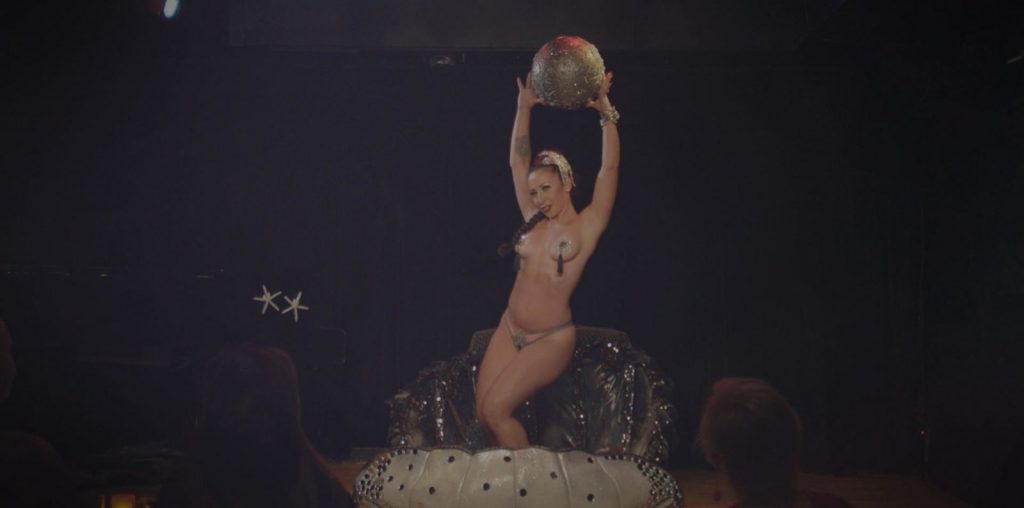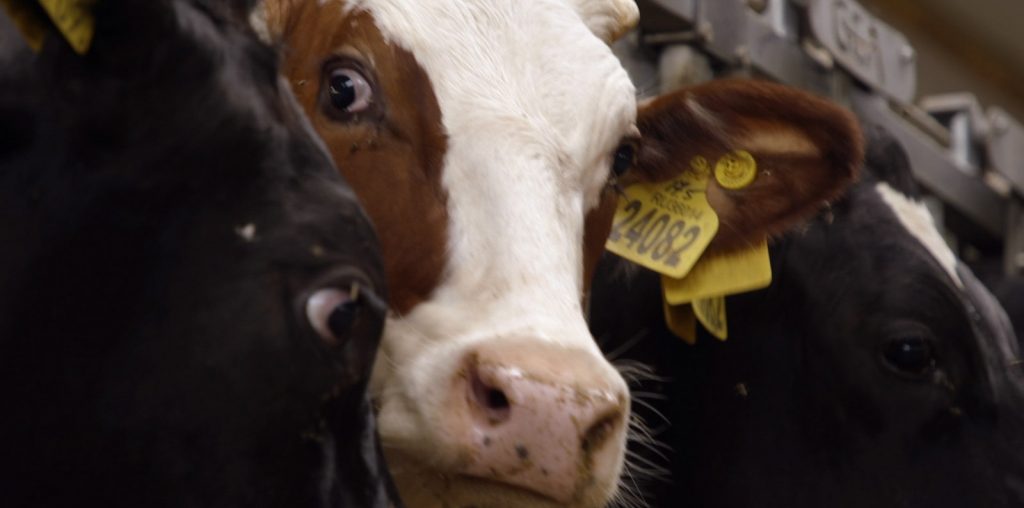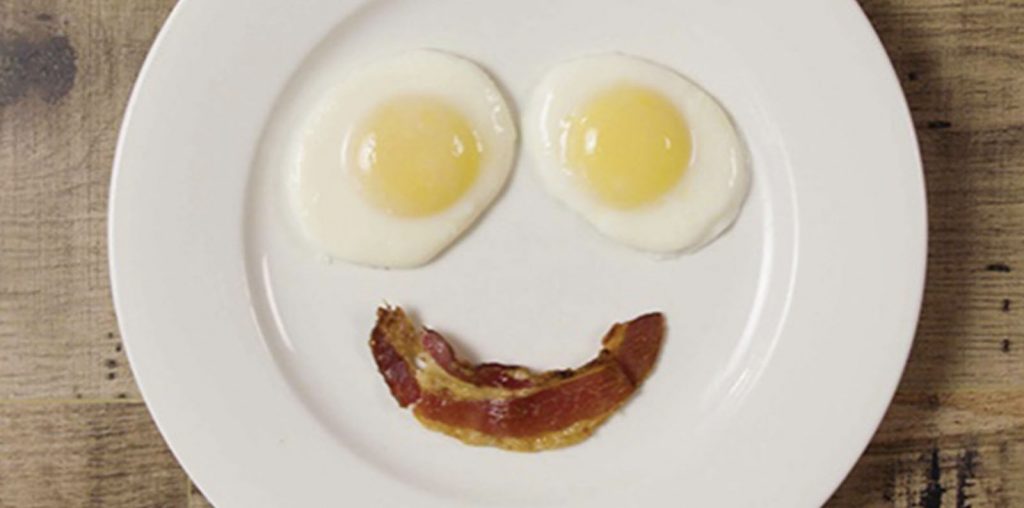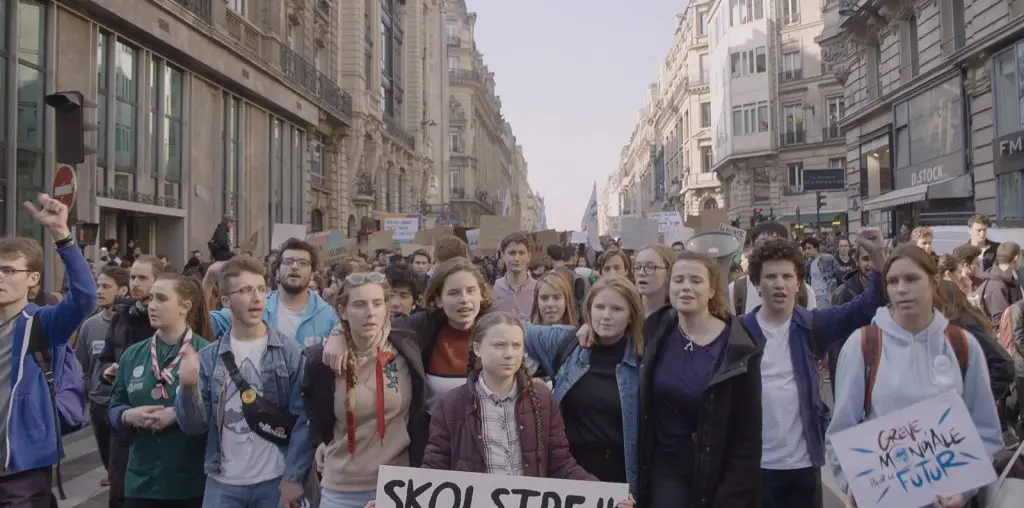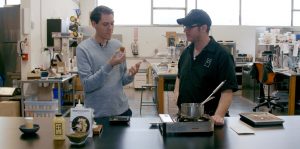
There are a few issues where both sides are so firmly entrenched in their position that any room for overlap is very small. In Brian Kateman’s documentary, Meat Me Halfway, he takes on the highly-charged issue of meat consumption. The writer/director is a bright millennial who falls squarely in the pro-animal rights/vegan/vegetarian camp. But rather than demand a complete prohibition of all meat, he feels there can be a middle ground. What if meat-eaters cut back on their massive meat consumption? The filmmaker soon finds he’s not making friends on either side of the issue. Or is he?
Kateman places himself as the movie’s primary subject as he explores the negative global impact of consuming meat. Speaking with numerous experts, he discusses the devastation of cattle farms on climate change. Moving to an anthropological perspective, humans from the beginning were always farmers, and the idea of eating and hunting meat would become a practice centuries later, relatively speaking. He then talks to his Staten Island parents, who love meat and choose to remain ignorant about the environmental issues their eating habits help cause. Finally, he argues how avocado toast is betting for the environment than pizza.
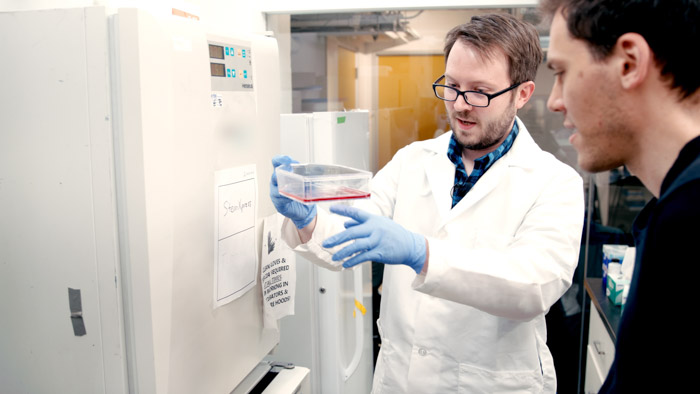
“…rather than demand a complete prohibition of all meat, he feels there can be a middle ground.”
Meat Me Halfway picks up when Kateman shares his experience attending an animal rights gathering and proposing the idea that maybe the best course to victory is convincing the world to cut back on eating meat. As a result, he formed the Reductarian Movement. But, unfortunately, what he feels is a reasonable and practical tactic is, instead, met with severe pushback. He is invited to attend a rally in front of a pig slaughterhouse in downtown Los Angeles (I never knew one was there), and the experience has a profound effect on him.
Kateman then tours the White Oak Pastures in Georgia, which prides itself on the humane raising and treatment of its animals and utilizing slaughter standards established by famed animal behaviorist Temple Grandin. Kateman is allowed to bring his cameras to witness their slaughter process, which is illegal in some states. The conceit here is that if you’re going to eat meat, it’s better to eat meat from animals raised in a suitable environment rather than from factory farms jamming livestock into crowded, unclean pens.
Lastly, Meat Me Halfway goes into the realm of meat alternatives from plant-based burgers like Beyond Meat to cell-based meat, where cells are taken from live animals and grown in a lab to produce meat that did not require killing an animal.
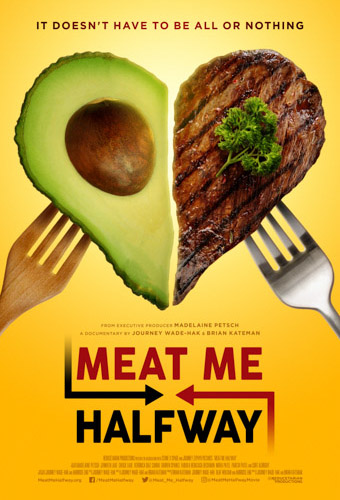
"…appreciate his attempt to reach out and build bridges..."
